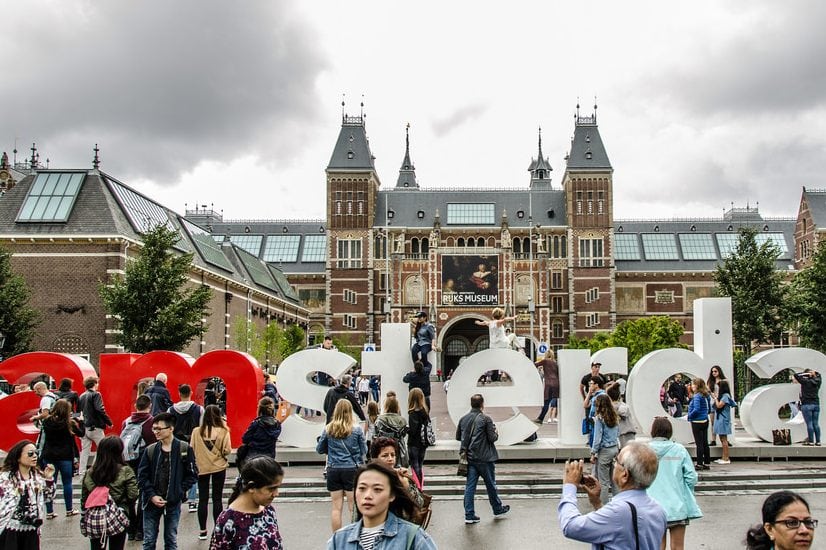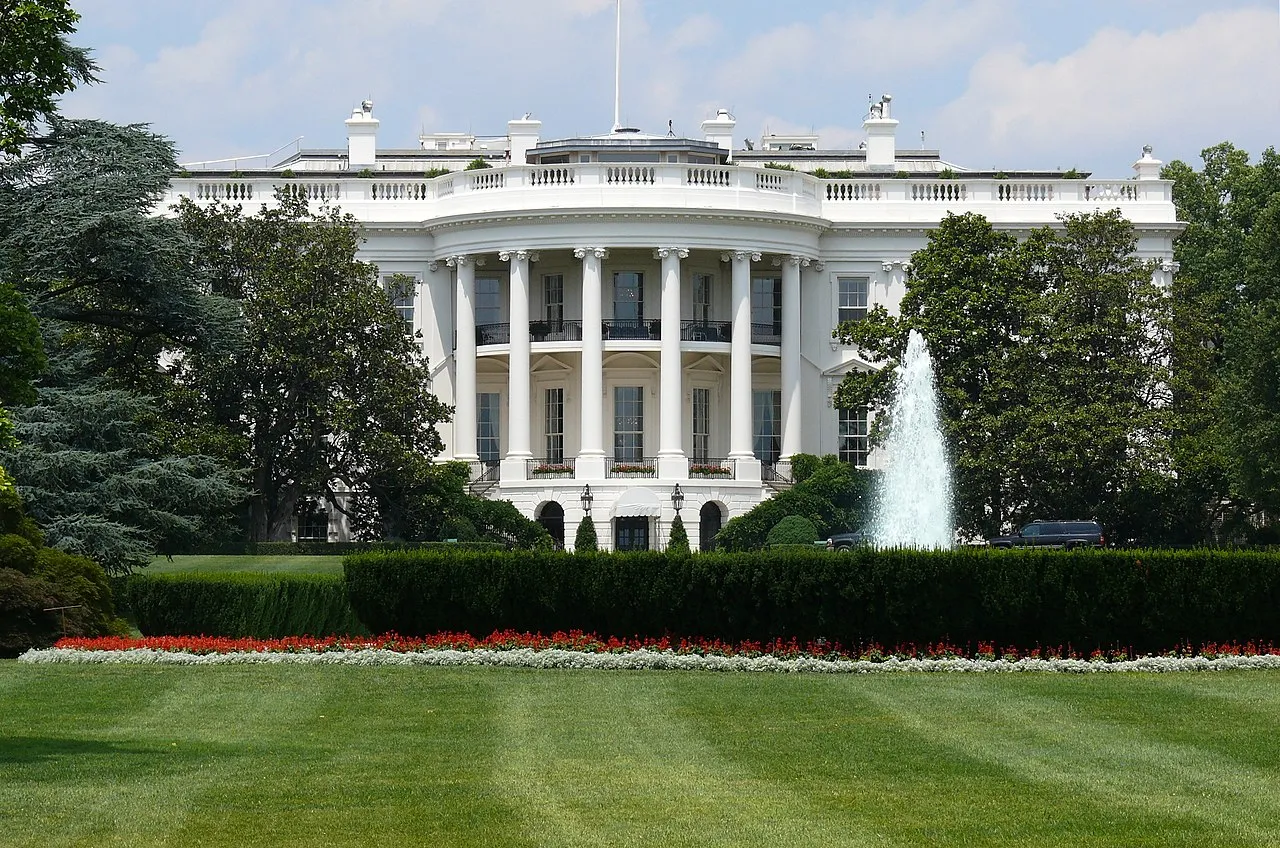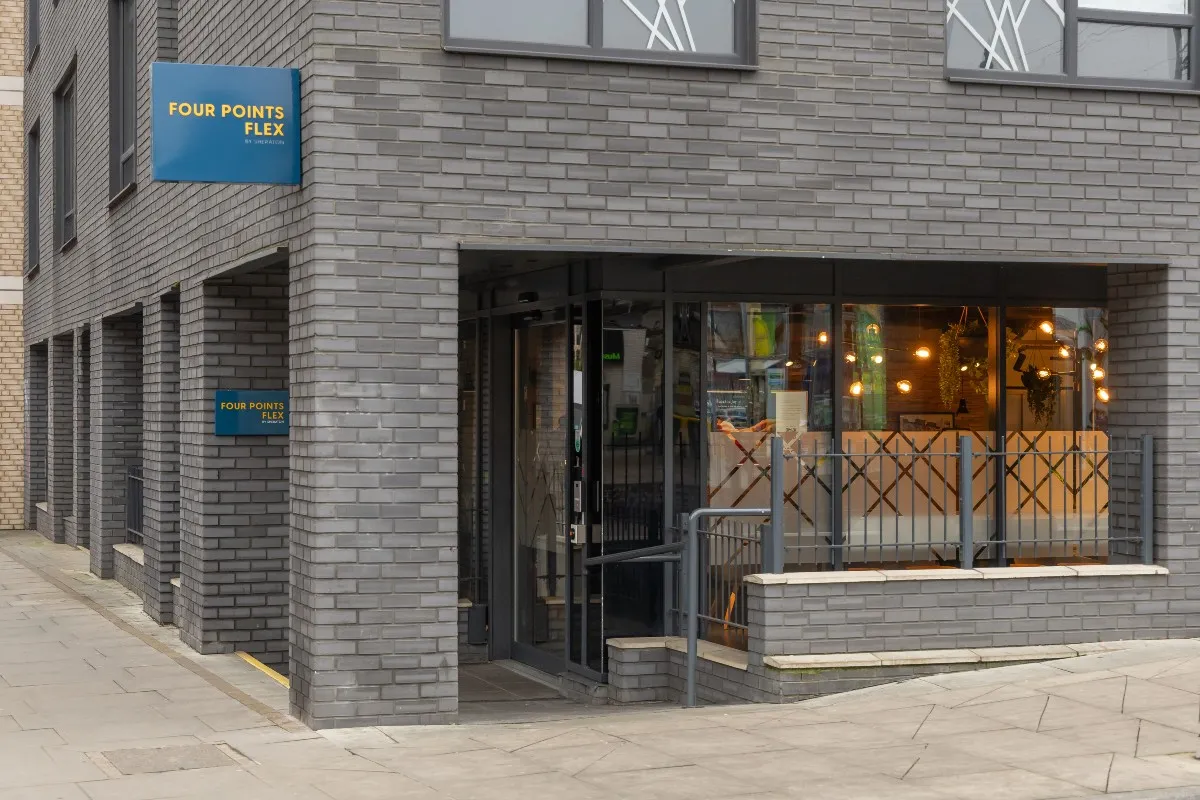Domestic Tourists Often Underestimated in Overtourism Equation

Skift Take
Busy destinations like Amsterdam and Madrid know that their cities face threats from overtourism, and want to find solutions.
But, at a time when many destinations invoke the importance of getting locals involved in tourism to help them understand its benefits, some tourism boards have found domestic tourists — not just international visitors — are also part of the problem.
That's the view of Olivier Ponti, manager of research at Amsterdam Marketing, the city's tourism board; and Miguel Sanz, tourism for Tourism Madrid. Both said their organizations study the impact of all visitors to their cities, nationals of their countries and international visitors alike.
Skift coined the term overtourism and has spent the past two years covering every related angle, including the backlash, policy changes, and new strategies. The concept is increasingly understood throughout the travel industry, and has spurred discussion on how to manage tourism growth.
This week, the World Travel & Tourism Council joined the debate and released a report, co-authored by consulting firm McKinsey on solutions for overcrowding in destinations. The report offers recommendations on how to include locals in tourism planning, build public/private partnerships, balance supply and demand, and provides a risk assessment for certain aspects of overtourism for 68 cities.
Ponti said Dutch citizens, rather than international tourists, are contributing the most to Amsterdam's crowded city center. "We've found that on average over 50 percent of people who make the city busy are Dutch tourists, so it’s not only international tourists," said Ponti, speaking at a WTTC forum about the report in Madrid on Wednesday. "And it’s also a lot of locals who come from different parts of the city and use the city center at the same time as international visitors."
Tourism Madrid recently found that 70 percent of people who took part in a survey in its congested city center were from the surrounding region.
"We do need to learn how to market ourselves differently," said Sanz, also speaking at the forum. "Just look at Miami’s Design District that’s not close to traditional tourist hotspots like Miami Beach but how popular it's become in recent years. Miami was successful in spreading tourism to a different part of the city that hadn't really been getting tourists before."
Wait Times for Overrun Attractions
Amsterdam Marketing launched a tool on its consumer website earlier this year that allowed travelers to view wait times for popular attractions like the Anne Frank House and Van Gogh Museum in the hope that it would help prevent crowding around these attractions in the city center. "We did this as an experiment but we found that it was hugely successful," said Ponti.
"Some 50 percent of people who used the tool decided to change the time of their visits to attractions and 20 percent of those people actually decided to visit a different attraction than they originally had planned to visit," he said.
Amsterdam Marketing plans to relaunch the tool in 2018 after making improvements but already pulls data from other sources. "More and more we’re using data from mobile phones, smart cameras, Wi-Fi sensors and social media monitoring, for example, to know how busy it is in certain parts of the city at certain times," said Ponti.
Data is No longer optional
Both Ponti and Sanz feel they don't have all the data they need to address overtourism in their cities but acknowledged that they have more in 2017 than they did before.
Data, as the report argues, is a necessity rather than a luxury for any destination serious about preventing overtourism. "We’re not getting all the facts that we’d like to get but we’re getting more and more data," said Ponti. "We've had to switch from being a destination marketing organization to a destination management organization."
Sanz said Madrid wishes sharing economy platforms like Airbnb would share more data with the city. "Cities themselves are not going to do it alone," he said. "These sharing economy platforms are working for their own interests, which is what they’re supposed to do. But as we’ve experienced, these platforms could improve."
Airbnb and Spain have a rocky relationship. This week Madrid's mayor announced she's considering allowing hosts to rent out their homes for up to 90 days per year without a license. "We need clearer directives on the housing and lodging situation," said Sanz. "Current regulation makes many Airbnb properties illegal and Airbnb and other platforms are part of the growth in tourism."
But Patrick Robinson, Airbnb's director of public policy for Europe, the Middle East, and Asia, said Airbnb shouldn't have to shoulder the blame for overtourism.
"Residents make distinctions with different kinds of tourism," said Robinson, who appeared at the forum. "Of all overnight tourists in Amsterdam last year, only six percent were Airbnb guests. Before you had residents of a city on one city and the tourism industry on the other and now you have a diversity of the tourism industry within populations."
Keeping Tourism Taxes in Tourism
Tourism officials also argued that while many cities charge tourism taxes, which theoretically should be used to help improve tourism infrastructure, those taxes often go to other coffers and projects unrelated to tourism.
"Historically, destinations have taxed tourists for the very simple reason that tourists don’t vote," said Alex Dichter, senior partner at McKinsey. "So if you’re looking for an easy source of local municipal revenue that’s an easy place to get it. At the same time, we’re wandering into a world where taxes can be used to control demand."
Dichter cited Tourism New Zealand's fund, generated by the country's tourism tax, that gives small communities access to resources they need manage the growth in tourism such as additional parking lots or public restrooms.
"If there are tourism taxes they should go back into the sector for promoting, planning and making sure the destination is a better place than it is today," said Gloria Guevara, president and CEO of WTTC. "What we don’t like to see is when there is a tourism tax that goes to a budget that has nothing to do with tourism. That impacts the travelers and residents because they don’t see the benefits of tourism."




